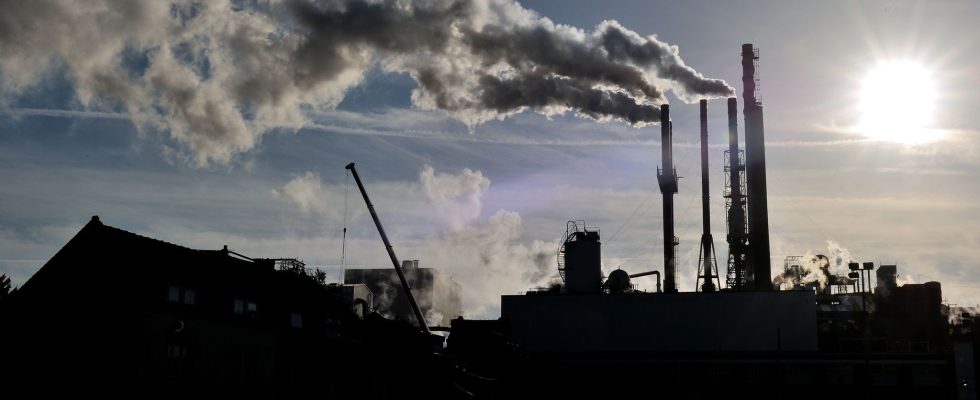NO. “The results on the reindustrialization of Europe may not be there”
By Alexandre Saubot, President of France Industry
Making Europe a continent at the forefront of the fight against global warming is a fine ambition. Achieving this without weakening our industry and reducing our sovereignty is a formidable challenge.
The conclusion is clear. There are many threats to our industry. Its competitiveness is eroding in favor of other parts of the world where its competitors benefit from massive support plans and lower charges.
In order to remain a major player in a CO2-free economy, Europe must support the decarbonisation of industry in a competitive way. While I welcome the political attention paid to the reindustrialisation of the European Union and the efforts made in recent months, I am concerned about the effects that we can expect from it. The Commission prioritized consensus over ambition. On crucial subjects, this method produces texts that are more complex than effective. I wonder about the real impact of an approach that focuses on the administration of files and not the reality of companies. Our competitors have understood that the strength of a decarbonization instrument lies in its clarity, simplicity and speed of deployment. Like the Inflation Reduction Act (IRA), this European instrument should encourage investment and simplify the rules. We are far from it.
In addition, the scope of the Net Zero Industry Act (NZIA) recently presented by the European Commission is more than partial. Decarbonized technologies (nuclear in particular) or key raw materials are not a priority, while the urgency of decarbonization requires considering all the tools in a technologically neutral way.
Finally, recycling the unused money from the European recovery plan and delegating the financial dimensioning of the NZIA to States with heterogeneous means and sometimes conflicting priorities will not be enough to give economic players the long-term visibility necessary for decisions on such a heavy and uncertain investment.
In short, if the European ambition is legitimate, the response seems insufficiently ambitious and rapid with regard to the means put on the table by the United States.
YES. “Europe’s awareness of the risks of deindustrialization was rapid”
By Elvire Fabry, senior researcher at the Jacques Delors Institute
In the functioning of our European institutions, reaction time is always a critical issue. Let’s face it, this time the European Union has lived up to the threat hanging over its industry. Between the moment the IRA was presented by President Biden in August and the first presentation of the European plan in February, six months have passed! A very short time with regard to the functioning of the EU. The distortions of competition linked to huge differences in energy costs between the United States and Europe existed before the Biden plan, but the latter amplified a phenomenon which is now becoming very worrying: the risk of a new wave of deindustrialization hitting Europe is therefore very real.
Still, the Net Zero Industry Act presented by the Brussels Commission is ambitious. Firstly because it is not only defensive. It also aims for Europe to take its part in the explosion of green technologies throughout the world. For this, two tools are on the table. The first pillar: a shock of simplification which aims to harmonize the system of State aid in the European Union with a single office per country and a single interlocutor. This is an essential element because in this battle speed is essential. In the United States, part of the IRA is based on a tax credit system, which is much simpler and faster than the payment of subsidies, which requires the constitution of files… Second pillar: the flexibility of aid State. Admittedly, the mechanism is still complex because it was also a question for Europe of avoiding creating imbalances within the EU itself between the States which had the means to support their industries and the others. But the culture change is there and profound. Finally, this strategy must be broadened and extended beyond green technologies. The IRA has also revealed to Europe its dependence on Chinese technologies and the threats of export restrictions brandished by Beijing are worrying. The President of the European Commission promised a plan at the beginning of the summer to ensure the economic security of the EU. An essential extension.
